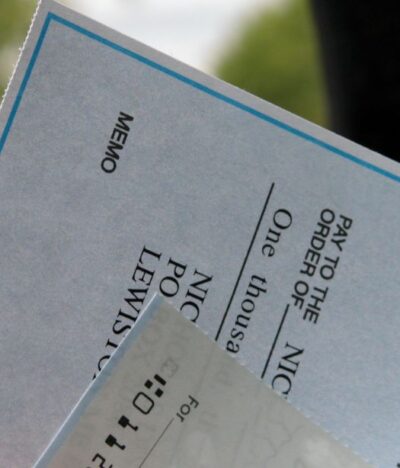Force Majeure clauses are often found in business contracts to guard against sudden unforeseen events outside your control. If a service is to be provided but there is sudden labor shortage or products are to be manufactured but there is a sudden interruption in the supply line because of a hurricane, a party will seek to be relieved of their obligations. These events can be devastating across the entire economy as with COVID-19.
While in such instances defenses to performance exist even without a Force Majeure clause (performance being rendered impossible, impracticable, or in frustration of the agreement’s purpose), utilizing a Force Majeure clause to list only certain events may serve as excluding scenarios not specifically referenced, preventing “a quick getaway.”
What to Include
A Force Majeure clause should (i) provide that the occurrence of certain events or circumstances will excuse performance, (ii) list the events or circumstances, and (iii) define the obligations imposed on the party claiming to be excused such as keeping the other party informed about the status of the triggering event.
“Neither party shall be liable for:
(i) delay or nonperformance of any of its obligations under this Agreement,
(ii) due to labor disputes, civil commotion, riot, terrorism, war, invasion, military or usurped power, sabotage, government regulations or controls, embargo, flood, fire, earthquake, tornado, hurricane, contagions, acts of God, the unavailability of labor or materials to the extent beyond the control of the party affected, or any other events or circumstances not within the reasonable control of the party affected, whether similar or dissimilar to any of the foregoing,
(iii) provided, however that the non-performing party shall use reasonable diligence to minimize damages and to resume performance and keep the other party informed of its efforts.”
Strategy
It is important to note that the nature of your business, the wants and needs of the other side, whether you or the other will owe the performance, and the subject matter of the contract dictate their drafting and whether they are dialed up or down from the excuse of performance perspective. For example, consider replacing the first part of the clause with “(i) nonperformance of any of its obligations under this Agreement if such nonperformance is rendered impossible”.
Contract negotiation is an allocation of risk between willing parties. If you are supplying the service or product, it is unlikely you wish to assume the risk of work shortages, computer failures, foreign exchange rate failures, supplier problems and so on. As likelihoods of public health emergencies increase, you could add the risks of pandemics, and epidemics to the list.
To make things more complicated, ambiguities can arise in how to interpret contract language because they were only revealed by the “certain situation” occurring during performance of the contract. That is when a commercial litigation attorney will get involved.
The Rest of Florida Commercial Contract Law Still Applies
Even without a Force Majeure clause, you may find a party defending their contract breach where they can show “impossibility” or “impracticability of performance”, or that circumstances caused “frustration of purpose” of the contract such that it is unenforceable.
These issues are prospective in nature. Be proactive. If the performance is the obligation to pay for services or products already provided, it will be much more difficult to escape the obligations of your agreement.
Please contact me if you have any questions and let me know how I can help.







